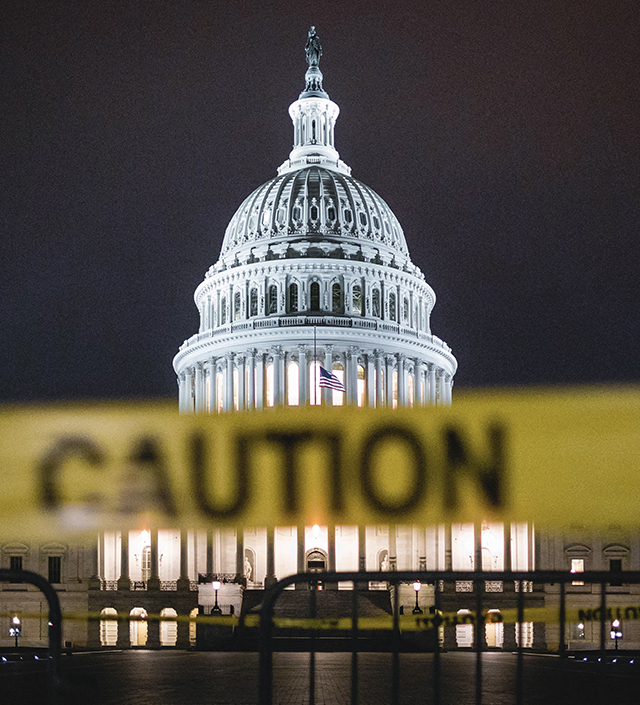At least 1.7 million more American workers than expected retired during the COVID-19 pandemic, causing major disruptions to the U.S. and world economies, says a new study.
The New School’s Retirement Equity Lab, led by economist Teresa Ghilarducci, released the report. She testified June 24 before Congress on the need for all Americans to have better access to retirement plans.
In its study, the lab looked at the one-year period since May 2020. It found the surge in retirements affected Americans of different education levels and racial groups in starkly different ways. Among Americans age 55-64, for example, the share of retired workers without a college education rose 5% but fell 4% for those with a college degree.
College Vs. No College
Still, many college-educated workers 55-64 saw their income fall as a result of reduced hours or furloughs, and will be more likely to delay retirement to make up for that loss. “Recent polling shows nearly a quarter of workers 55 and older delayed retirement due to COVID-19 or expect to do so, with postponements almost twice as high for those who lost income,” the authors state.
Among Americans without a college degree, early retirement was far more likely than for those who were more educated. “At the height of unemployment in April 2020, workers 55 to 64 without a college degree were 67% more likely to experience unemployment than college-educated older workers,” the report says. “High relative rates of job loss during the pandemic and poor employment prospects likely forced many older workers without college degrees into early and involuntary retirement.”
Racial Disparities
Retirement also was uneven along racial lines. Among people without college degrees, Black Americans were more likely than White Americans to be forced into early retirement.
“The probability of a Black adult aged 55-64 without a college degree being retired increased 9.2%, compared to an increase of 7.5% for white non-college adults,” the study says.
Black college educated workers were more likely to stay in the workforce than their less educated White counterparts. Among the Black population, “retirement rates decreased at all ages despite experiencing higher unemployment rates than their white counterparts — they delayed retirement, even over age 65”, according to the report.
However, college educated Black workers have less than one-quarter the wealth of comparably educated White workers, the report said, meaning that “black older workers are more likely to need earnings in old age.”
It postulates that “the racial wealth gap helps explain why White college-educated workers 65 and over retired in higher numbers during the pandemic, while the retirement rate decreased for Black college-educated workers at older ages.”
Why Focus on Older Workers?
In addition to Ghilarducci, the report’s authors included Owen Davis, Bridget Fisher and Siavash Radpour. The retirement equity lab is part of the New School’s Schwartz Center for Economic Policy Analysis (SCEPA), an economic policy research think tank at The New School for Social Research. The New School is in New York City.
The lab notes it focuses on older workers because people over 55 filled 85.7% — 18 million of 21 million — jobs added to the U.S. economy between 2000 and 2019. The U.S. Bureau of Labor Statistics estimates older workers will fill 4.4 million of the 6 million jobs expected to be added to the economy by 2029 (the effects of COVID-19 won’t be available until Fall 2021).
“Due to the scale of older people in the workforce, we must take action to ensure older workers have secure income in retirement,” the lab says. “Without the ability to save adequately for retirement, older workers will lose bargaining power in the labor market and will in turn diminish bargaining power for every other worker. ”
To protect older workers, the lab is calling for Congress to strengthen the federal Age Discrimination in Employment Act, extend and increase unemployment benefits for older workers, lower Medicare eligibility to 50 and make Medicare the first payer, expand Social Security, and create a federal older workers bureau.







